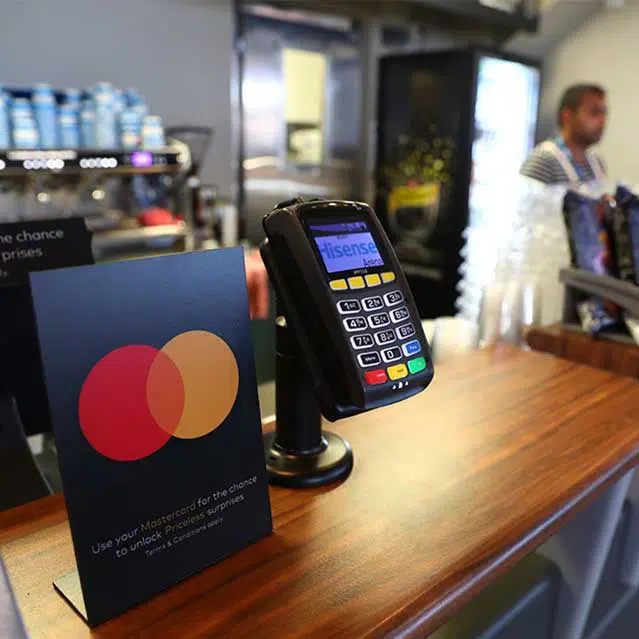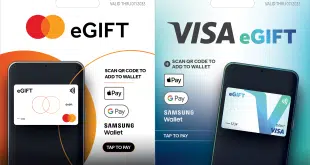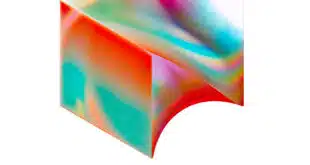Mastercard Inc.’s top management on Thursday made it plain its ambitions for the card payments company have widened dramatically in recent months as the network looks for expansion in such areas as open banking, cybersecurity, tokenization, and consulting for merchants.
It’s also eyeing its opportunities in the massive China market, where Mastercard went live in May with cards that offer both domestic and global acceptance. Formerly, its offering there was confined to cross-border payments. “We’re excited about the opportunity. It’s a huge economy,” noted chief executive Michael Miebach early Thursday during a conference call to discuss the company’s September-quarter results. With China in hand, Mastercard “is now the most accepted payment card in the world,” he said.
But results in that huge economy, Miebach cautioned analysts on the call, won’t come instantly. “It will take investment. It will take time,” he said. Up against China’s domestic payment networks, “acceptance will be difficult,” he cautioned. “We’ll focus there. It’s an exciting opportunity.”

Cybersecurity is taking on increasing importance as companies and networks struggle to contain persistent and increasingly sophisticated fraud attacks. Here, Miebach sees Mastercard’s latest move, its $2.65-billion deal in September for Recorded Future, as a key to the company’s offering for clients. The company’s technology, he told the analysts, “mitigates risks before they occur,” Miebach said. Somerville, Mass.-based Recorded Future works with more than 1,900 businesses and governments in 75 countries.
“We see tremendous opportunity in cybersecurity,” Miebach said “Everybody needs security solutions. This goes well beyond the opportunity we have in the payments space.”
Mastercard beefed up its stake in open banking, Miebach said, with an agreement in August to work with Argyle, a lending-data platform, to support the network’s lending program. And another recent deal, an unspecified offer for Minna Technologies, a Sweden-based platform that supports subscription-based payments, will reinforce Mastercard’s offering in subscriptions, Miebach told the analysts.
Tokenization—the effort to protect card information by replacing it with data that can be known only to the network—has grown apace, Miebach said, “We’ve been investing in this for years, and we’re in the billions of transactions now,” he said. The benefits have proven to go beyond security, with higher e-commerce conversion rates among them, he noted, adding that Mastercard may soon mine that opportunity for revenue. “We see an opportunity to drive our revenue line and charge for that,” he said.
Miebach also noted the network’s data service for merchants, in which the network helps translate transaction data and trends for sellers, “has been boosting the revenue of our company and our yield.”
For the quarter, Mastercard saw $768 billion in U.S. volume, up 7% year-over-year, with volume globally rising 10% to $2.5 trillion. Cards in circulation increased 6%, to 3.45 billion. Net revenue rose 14% to $7.37 billion, while adjusted net income finished the period at $3.59 billion, up 13%.





